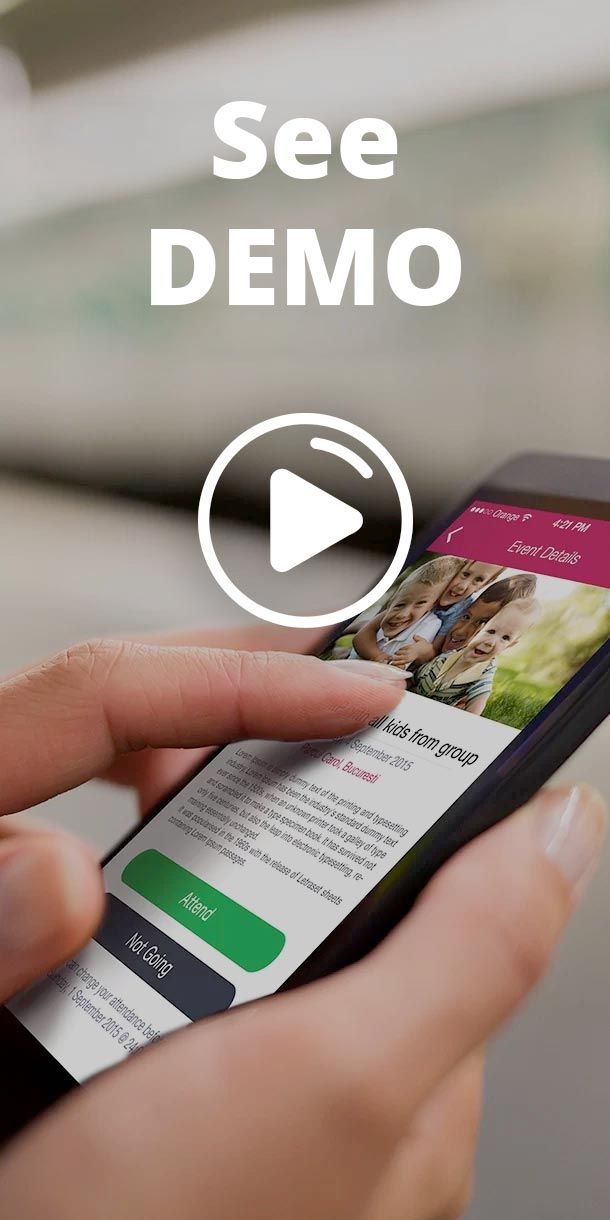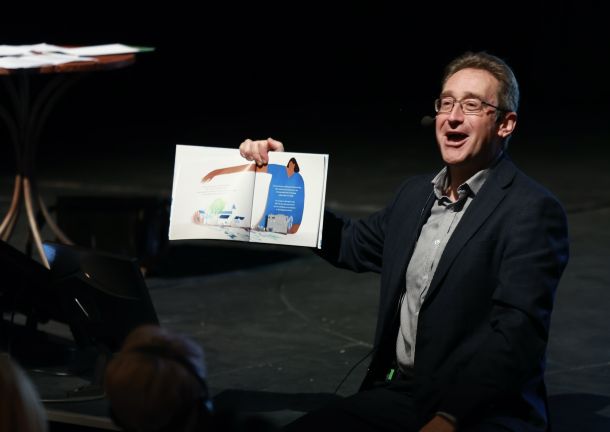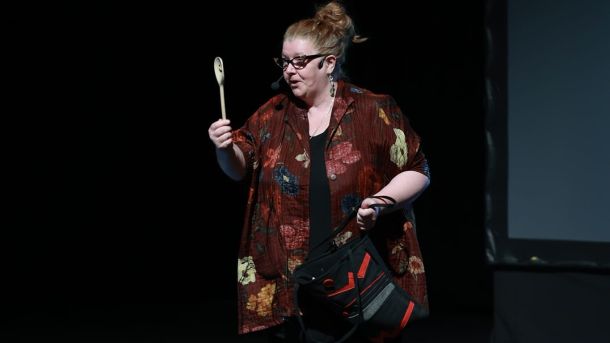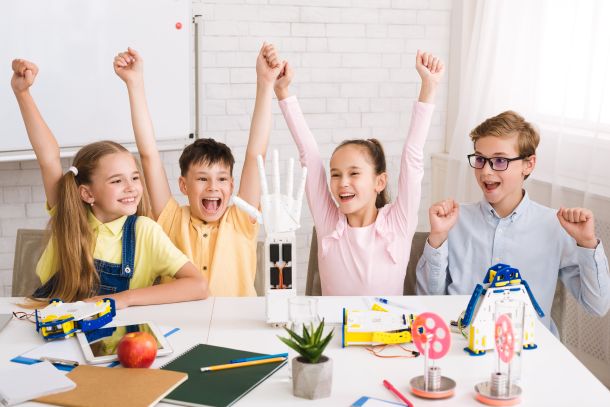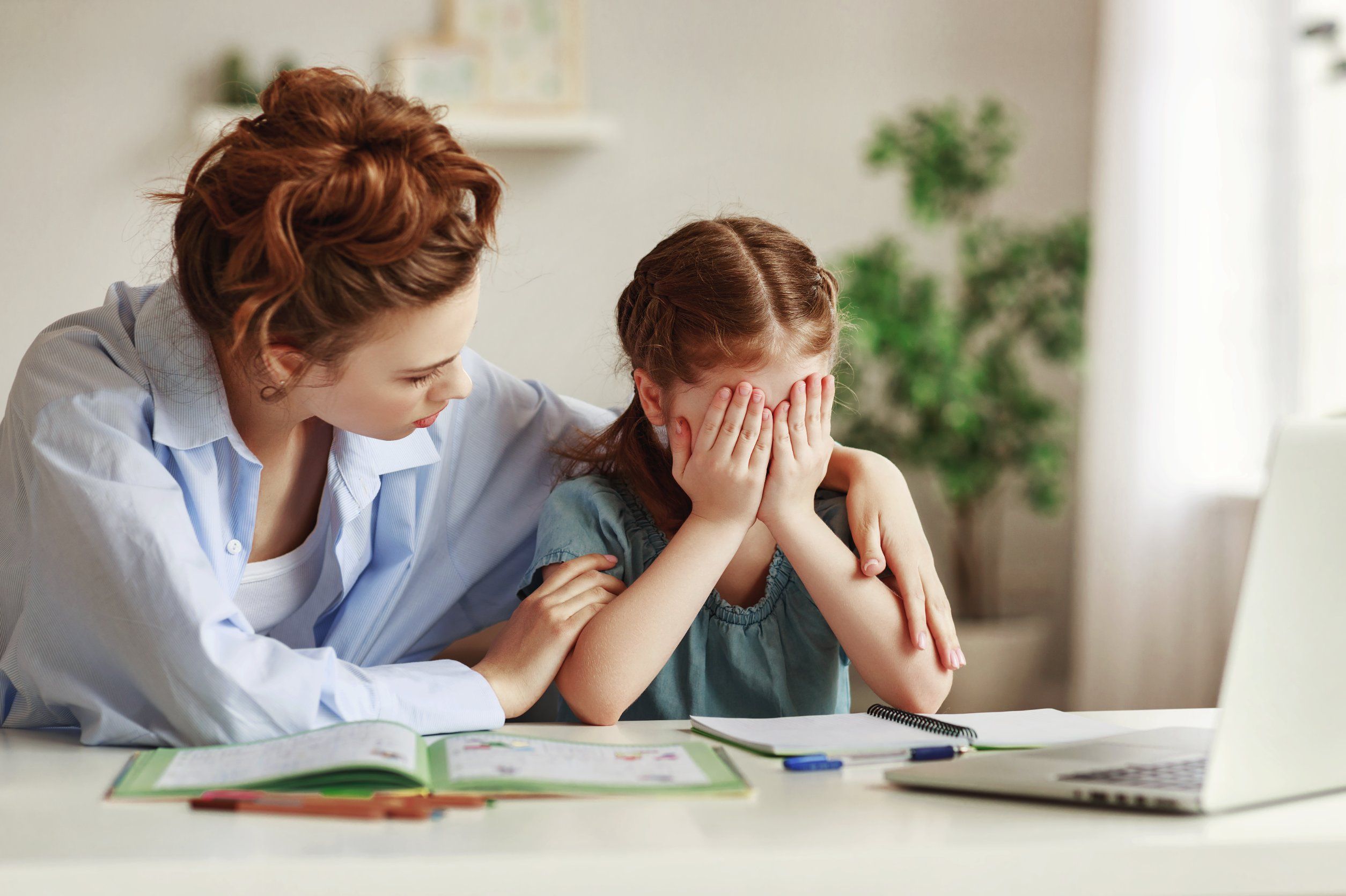
The role of mistakes in education: crucial stages for children's development
Nobody wants to make mistakes. We become fearful and anxious when we make a mistake. In children's perception, small mistakes seem much bigger and without a way out. Contrary to expectations, researchers show that making mistakes is an important source of development, especially if the mistake is managed effectively.
We all make mistakes, whether we are adults or children, but it would be good to understand and help the young to understand that mistakes are human and that it is natural to make them. Exploring them, examining them, analyzing them, and identifying ways of dealing with them are the steps that help to strengthen our learning process.
The culture of mistakes - from our ancestors
A mistake could have meant injury or death for our distant ancestors who lived in the wilderness, trying to secure food through hunting and safety from predators. The brains of our ancestors had to help them learn from their mistakes so that the human race could survive. An important function of the brain is to try to predict the future, i.e. how we can change our actions in the future to avoid making the same mistakes. Therefore, understanding how the brain detects and copes with mistakes is important for understanding how the brain works and how we learn.
Why do we make mistakes in learning? Internal and external causes.
In the learning process, errors can be caused by a wide range of factors, such as internal factors such as lack of understanding of tasks, anxiety, fatigue, low well-being, health, or motivation. There may also be a range of external causes such as technical conditions, the complexity of the task, inadequate feedback, organizational conditions, environmental atmosphere, and different cultural conditions. Thus, the occurrence of various errors can be due to several individual (internal) causes, but also to external causes found in the environment or at other stages of the educational process.
From a teacher's perspective, there are two perspectives through which you can analyze errors:
A first perspective is therefore the willingness to see mistakes not as something to be avoided, but as something to be accepted and from which we can learn new things. This has implications for both teachers and students. We often focus our work in the classroom on creating conditions that are only about student success.
Effective teaching also means providing opportunities for students to make mistakes and learn through them. Students must be helped to meet new challenges and to see mistakes not as reflections on their ability, but as vital steps in the learning process.
A second perspective concerns the ability of teachers to analyze the reasons for different errors that occur in pupils' activities. Errors in education are often indicators of misunderstandings of certain concepts, tasks, or underdeveloped skills. Investigative and diagnostic skills are crucial for effective teaching and are key conditions for encouraging learning from mistakes.
The role of mistakes in language learning
Although making mistakes when trying to master a language might seem counter-intuitive, letting learners communicate freely and negotiate meaning is the key to success. A learner who communicates a lot, making a few mistakes, is more likely to develop the self-confidence to deal with real-life situations than a learner who communicates very little because they are afraid of making mistakes. In communicative language teaching, for example, the teacher has the task of both encouraging the learner to express him/herself and providing corrective feedback in a way that does not obstruct communication (e.g. Brandl 2008).
Over time, researchers have divided themselves into two groups: those who advocate learning from mistakes and those who believe that such an approach does not benefit learning.
It might seem intuitive that if one does not want errors in an important assessment test, then one should avoid errors at all stages of learning. Such a view, which is consistent with a number of the oldest and most well-established theories of learning and memory (Bandura 1986, Barnes & Underwood 1959, Skinner 1953), suggests that errors should be avoided at all costs.
Consistent with these views, Ausubel (1968) warned of the dangers of errors in learning and suggested that allowing people to make errors encourages them to practice incorrect and ineffective approaches that will cause problems because they are difficult to replace later with correct approaches. Ausubel (and others) feared that with active exploratory learning, these wrong starts and errors would be learned and make learning the correct solutions and procedures more difficult, if not impossible.
Corrective feedback - a key tool
However, studies in recent years show that fear of errors typically diverts learning away from highly productive generative strategies, and an error-avoidance strategy is not the best idea, because generating errors - as long as corrective feedback is provided - is beneficial for learning.
Researchers in the field factually confirm that corrective feedback is crucial in learning (Anderson et al. 1971). We tend to tell children only that they were right or wrong, whether they got a task right or wrong, but they gain no benefit if the feedback they receive does not provide guidance and support in correcting mistakes.
People need to understand and pay attention to feedback even when the answer is correct. Children need to understand that their answer is correct, but also why it is so. They can integrate this information and improve their academic performance (Anderson et al. 1971).
Feedback provides an opportunity to explore and analyze in depth the principles behind the issues, responses, and reasoning that led to the answers - whether right or wrong.
Siegler (1995) conducted a particularly interesting study illustrating the importance of focusing students' attention on the reasoning behind receiving feedback. He had three conditions: (a) a feedback-only condition; (b) a reasoning explanation condition, in which children were asked questions: "Why do you think that?"; and, most effectively, (c) a correct reasoning explanation condition, in which pupils, after receiving corrective feedback, were asked: "How do you think I knew that?". As Siegler (2002, p. 40) noted, "Having children explain another person's correct reasoning has the advantage of the discovery learning approach. It resembles exploration-oriented approaches in that it requires the child to generate a relatively deep analysis of a phenomenon without being told how to do so."
As I mentioned at the beginning of the article, learning from failure also depends on the skills of investigation, analysis, and understanding error. Analyzing the reasons behind various mistakes in education is an essential step in learning.
"Every error, every flaw, every failure, however small, is a marginal gain in disguise." Syed
An example might be learning a foreign language. A learner who communicates a lot, even if he makes a few mistakes, is more likely to develop the confidence to deal with real-life situations, compared to a learner who communicates very little because he is afraid of making mistakes. In language teaching, for example, the teacher has the task of both encouraging the learner to express him/herself and providing corrective feedback in a way that does not obstruct communication (Brandl, 2008). We need to encourage free expression, embrace mistakes and learn to provide corrective feedback.
Allowing students to communicate freely about various errors that occur in individual or group class tasks, and to negotiate and constructively analyze situations, is key to success.
Ten ways to help children and teenagers learn from mistakes
- Recognize that you don't expect them to be perfect.
- Let them know that love is unconditional, regardless of their mistakes.
- Don't save children from their mistakes. Focus on the solution.
- Give examples of your own mistakes, the consequences, and how you learned from them.
- Encourage children to take responsibility for their mistakes and not to blame others.
- Avoid pointing out your child's past mistakes. Instead, focus on the present one.
- Praise children for their ability to admit their mistakes.
- Acknowledge their efforts and courage to overcome failures.
- Offer guidance on how to apologize when their mistakes have hurt others.
- Help children to look on the bright side of what is wrong!
Sample sentences for building a culture of mistakes in education
- "I'm so glad you made that mistake. It will help me to help you."
- "Wrong answers are very useful because we learn from the mistakes we make."
- (After students point out a teacher's mistake) "Oooh, you all just caught the best mistake I've ever made! That's great!"
- After scanning the room to check which answers students chose, say excitedly, "We have a lot of disagreements on this one!"
- "For the four options to this question, I don't want to start by asking which one you think is correct because I want to focus on the explanations we have."
- "I see that several students chose answer option X and that a few others chose answer option Y. How can I defend my answer whether I chose X or Y?"
- "Be ready to defend your answer."
- "I love that this is a tough question and that I see so many brave hands in the air. Thank you for taking a risk."
- "People have debated this question for centuries. Who even knows if there is a right answer? What's important is that you fight the arguments for your opinion."
- "This is a difficult question. If you wrestle with it, it's a good sign. Now, who will be bold and give us the go-ahead?"
Try again. Get it wrong again. Get it right. "Samuel Beckett's Mantra
The role of mistakes in education is more than obvious now. Mistakes are inevitable and human, all the more so when they occur among students encountering certain concepts, problems, or challenging situations for the first time. It is in our hands to manage these errors, to help them understand that it is natural to make mistakes, whether as children or adults and that we can learn many new things. Mistakes are part of our training and development process.

Kinderpedia
The complete communication and management solution for schools and childcare centres.
Simplifies teachers' work and brings parents closer to their children's school progress.
Recommended articles
Want to improve your center quality? Kinderpedia is here to help! Not only do we provide thousands of informational content pieces like blog posts, podcasts, webinars and more, we are also makers of the #1 Rated and Reviewed Childcare Software.
